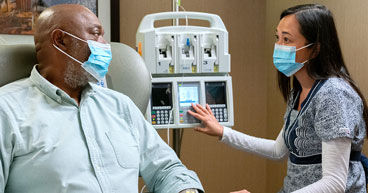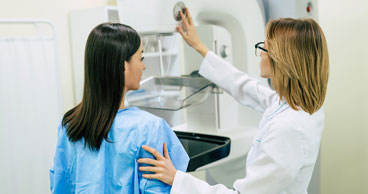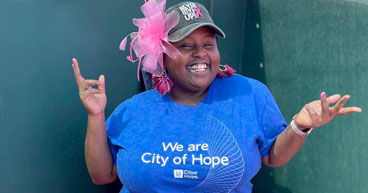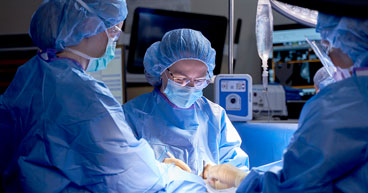


738 Posts

July 13, 2023
8 things not to do while on chemotherapyAs important as the precautions your doctor will tell you to take while on chemotherapy are the things you should avoid.

July 11, 2023
Double trouble: Tobacco and alcohol combine to elevate cancer riskCombined, smoking and drinking significantly increase the risk for developing cancers in the aerodigestive tract—the lips, mouth, larynx, pharynx, throat, esophagus and colon.

July 6, 2023
Are breast cancer screening guidelines changing? What to knowFor women at average risk, the new recommendation lowers the age to begin routine mammograms to age 40—10 years earlier than previous guidelines.

June 29, 2023
Grilling and cancer risk: 7 tips for healthy BBQsResearch shows that cancer risk from outdoor grilling depends on how often you eat grilled fare, the cooking method you use and the types of foods you choose.

June 27, 2023
How to return to an active sex life after prostate cancerSurgery, radiation therapy and other prostate cancer treatments may cause side effects, such as low sex drive, loss of penis length, low sperm count and/or erectile dysfunction.

June 22, 2023
Your lymphedema search questions asked and answeredWith lymphedema, lymph fluid, which carries waste, dead cells and bacteria back into the bloodstream, builds up in areas where the lymph nodes have been damaged, either by cancer treatment or the disease itself.

June 20, 2023
Cancer risk and care disparities are often higher in the LGBTQIA+ communityMembers of the LGBTQIA+ community often face higher cancer risks and hurdles to diagnosis, treatment and health care access.

June 15, 2023
Cancer Fighter: ‘Everything I went through will help the person coming behind me.’After battling through devastating personal circumstances and difficult treatments for breast cancer, Onjalai Brown now uses her experiences to inspire others.

June 13, 2023
What’s the difference? Cancer surgeriesNearly every cancer patient with a solid tumor or tumors is likely to undergo some form of surgery during his or her treatment journey. And while surgery is often a first-line treatment for cancer, it may be preceded (neoadjuvant) or followed (adjuvant) by another treatment—usually chemotherapy and/or radiation therapy.
Guidelines
The information contained in this blog is not intended nor implied to be a substitute for professional medical advice. Always seek the advice of your physician or other qualified health provider prior to starting any new treatment or with any questions you may have regarding a medical condition. Nothing contained in the blog is intended to be used for medical diagnosis or treatment of any illness, condition or disease.